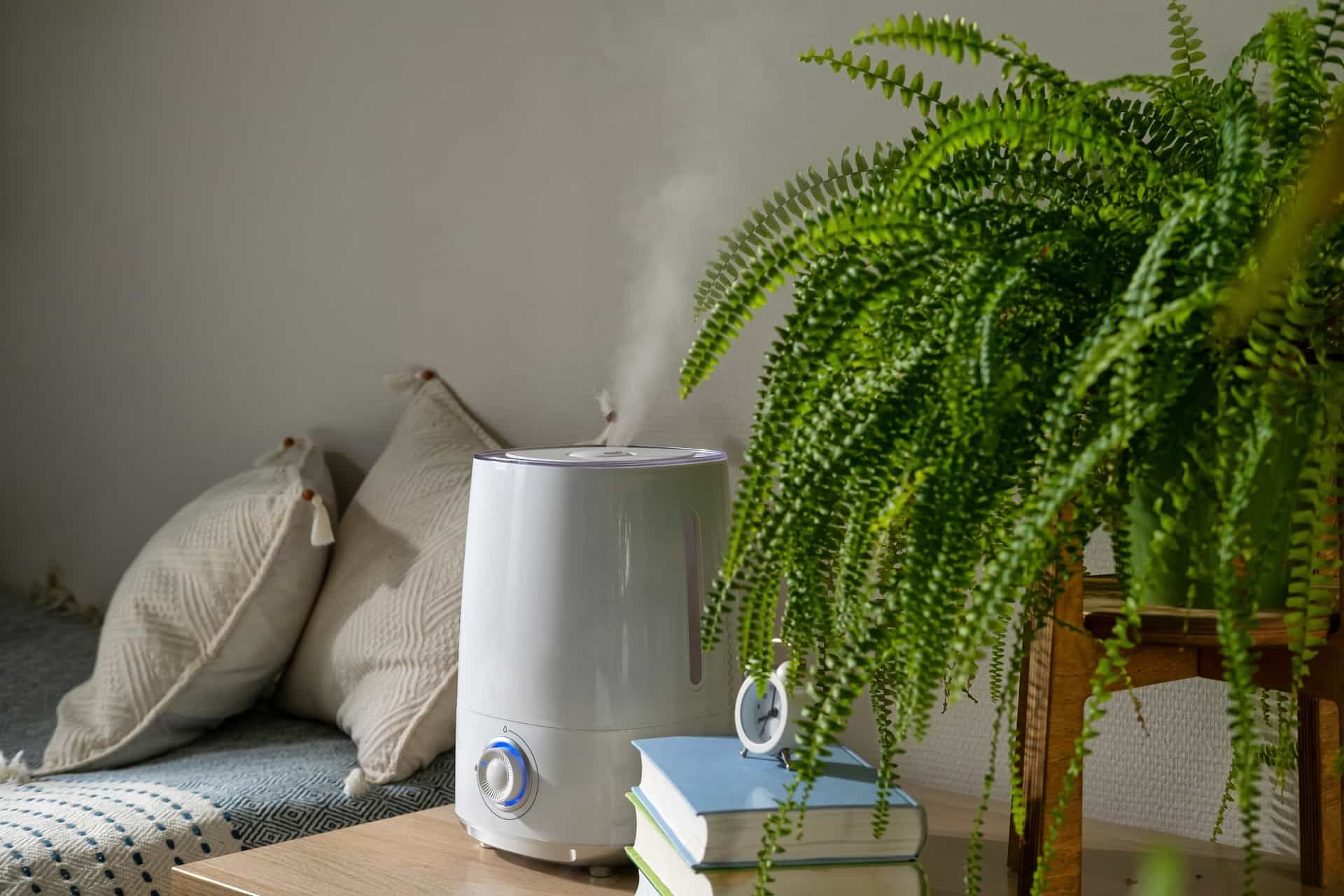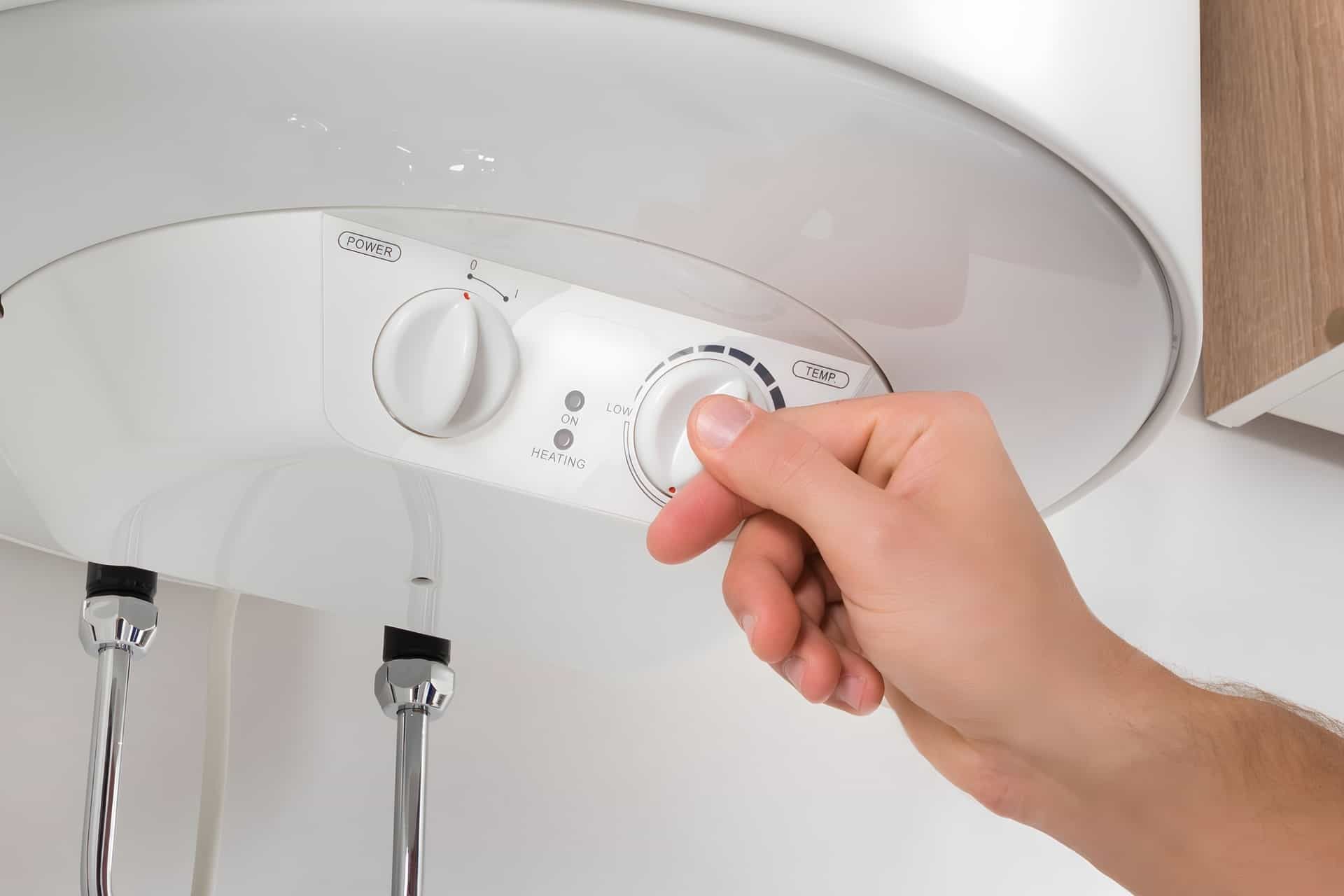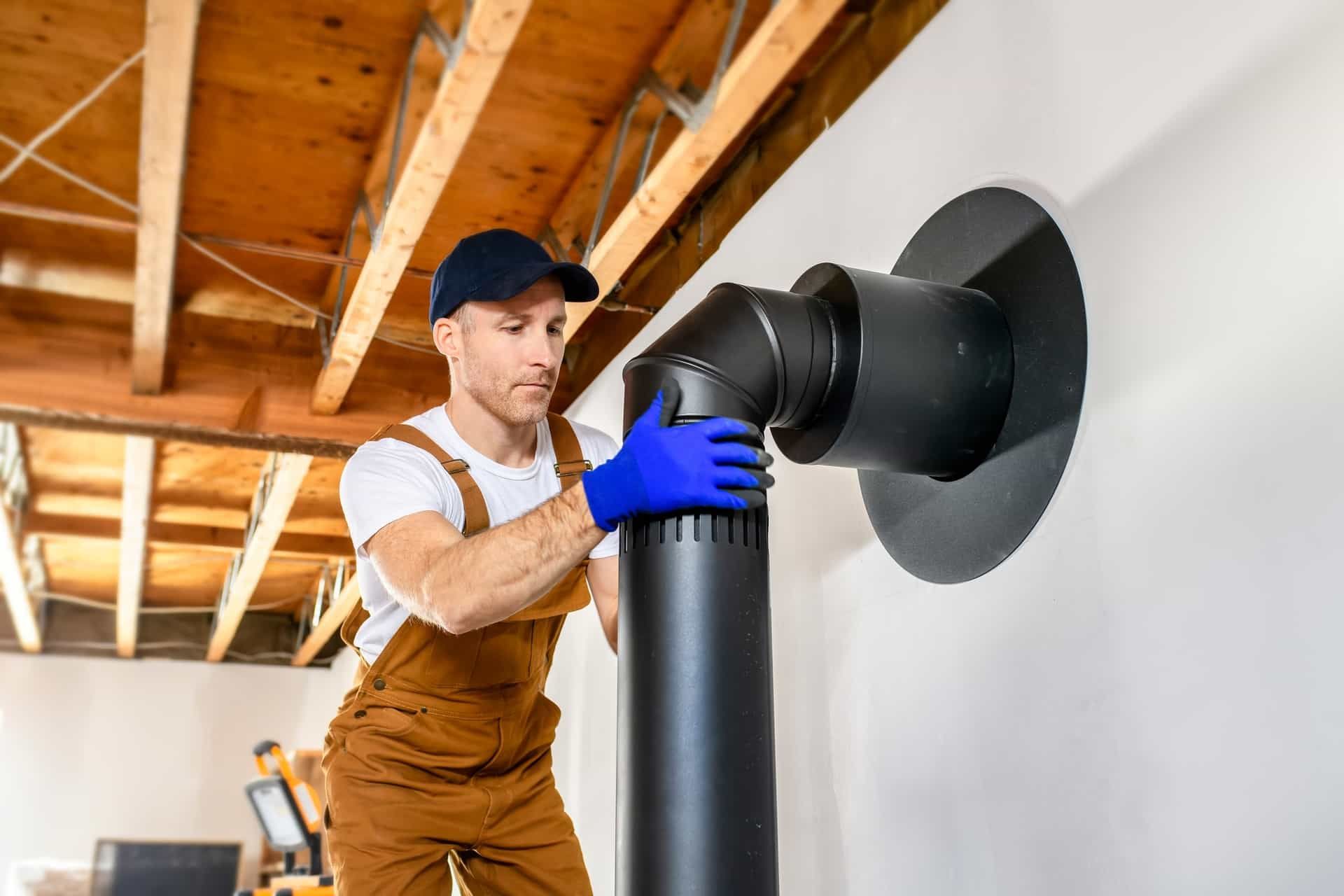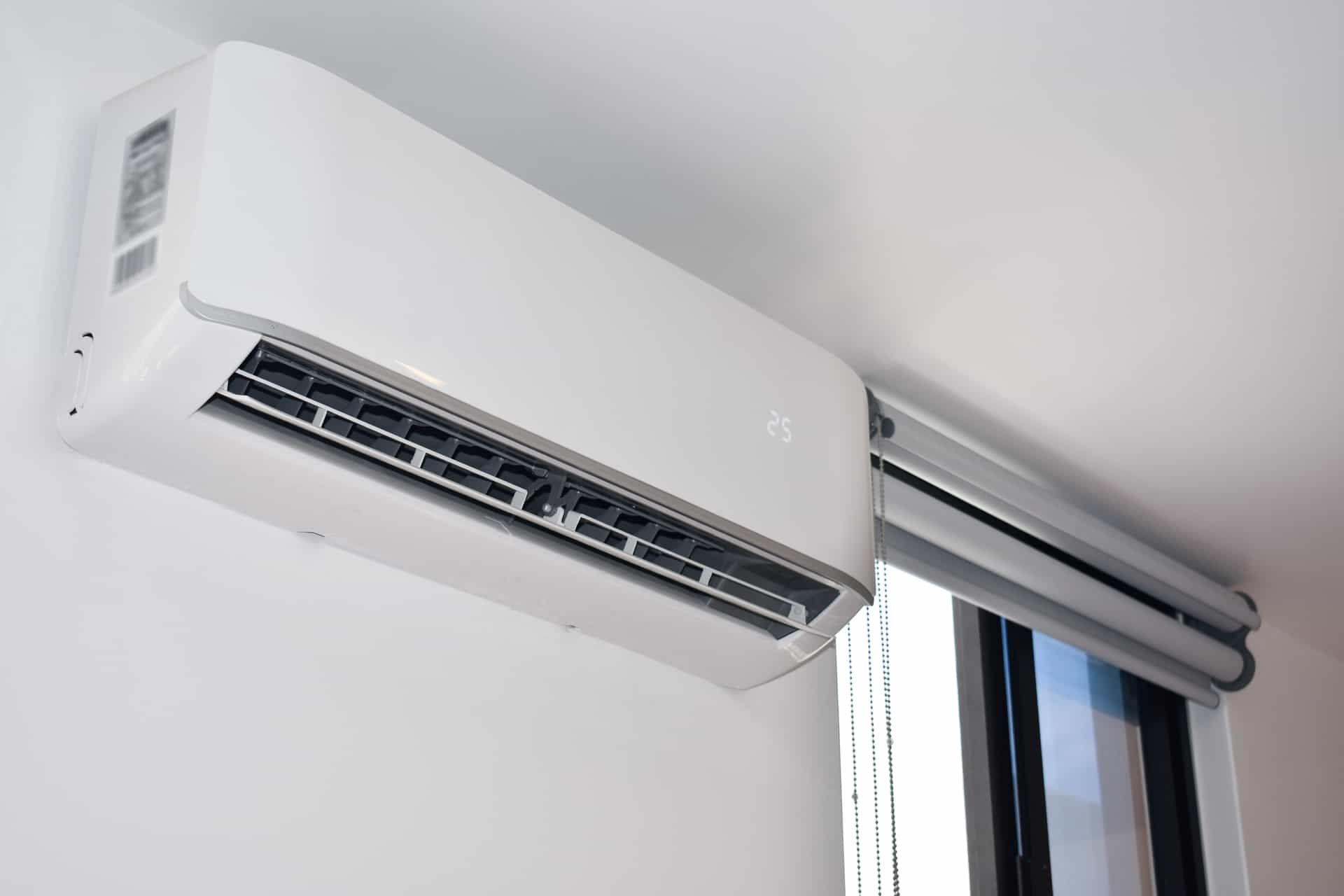What Does a Humidifier Do and Its Benefits?

Indoor air quality plays a crucial role in maintaining a comfortable and healthy home environment. One device that can significantly improve air quality is a humidifier. If you've ever experienced dry skin, irritated sinuses, or static electricity in your home, a humidifier might be the solution you need. But what exactly does a humidifier do, and what are its benefits? Let's explore the answers in detail.
What is a Humidifier?
A humidifier is a device that adds moisture to the air in your home. It works by releasing water vapor or mist to increase humidity levels, making the indoor air more comfortable to breathe. Humidifiers are especially useful in dry climates or during the winter months when indoor heating systems can make the air excessively dry.
Types of Humidifiers
There are different types of humidifiers available, each with its own way of adding moisture to the air:
- Evaporative Humidifiers – These use a wick filter to absorb water and a fan to help it evaporate into the air.
- Ultrasonic Humidifiers – These use ultrasonic vibrations to create a fine mist of water that is dispersed into the air.
- Steam Vaporizers – These boil water to produce steam, which is then cooled slightly before being released into the air.
- Impeller Humidifiers – These use a rotating disk to produce mist.
- Whole Home Humidifiers – Installed directly into your HVAC system, these humidifiers provide moisture to the entire house, ensuring consistent humidity levels throughout all rooms.
Benefits of Using a Humidifier
Using a humidifier in your home can provide numerous health and comfort benefits. Here are some of the key advantages:
1. Prevents Dry Skin and Irritation
Dry air can cause your skin to become rough, flaky, and irritated. By maintaining proper humidity levels, a humidifier helps keep your skin hydrated and reduces issues like chapped lips and dry eyes.
2. Reduces Allergy and Asthma Symptoms
A humidifier can help ease respiratory issues caused by dry air. When humidity levels are balanced, it can relieve symptoms of allergies and asthma by reducing throat irritation and nasal congestion.
3. Improves Sleep Quality
Dry air can lead to snoring and discomfort while sleeping. A humidifier keeps the air moist, which can reduce snoring, ease breathing, and promote a restful night's sleep.
4. Prevents Sinus Discomfort
Dry air can lead to sinus inflammation, congestion, and nosebleeds. Humidifiers help keep the nasal passages moist, reducing sinus-related discomfort.
5. Protects Wooden Furniture and Floors
Excessively dry air can cause wood furniture, flooring, and musical instruments to crack and warp. A whole home humidifier ensures that humidity levels remain stable, protecting your valuable belongings.
6. Reduces Static Electricity
During the winter months, you may notice an increase in static electricity, leading to annoying shocks and frizzy hair. A humidifier helps control static buildup by keeping the air sufficiently moist.
7. Helps Houseplants Thrive
Many indoor plants require a specific level of humidity to grow properly. Using a humidifier ensures your plants stay healthy and vibrant by maintaining an optimal indoor climate.
8. Prevents Respiratory Infections
Dry air can make it easier for viruses and bacteria to spread. By using a humidifier, you can keep your nasal passages and throat moist, reducing the likelihood of colds and flu.
Choosing the Right Humidifier for Your Home
When selecting a humidifier, consider the following factors:
- Size of Your Space – Choose a humidifier based on the square footage of the area you want to humidify.
- Maintenance Requirements – Some humidifiers require regular cleaning and filter replacements.
- Noise Level – Ultrasonic humidifiers tend to be quieter compared to evaporative or steam models.
- Budget – Whole home humidifiers are a long-term investment, while portable humidifiers are more affordable upfront.
Maintaining Your Humidifier
To improve indoor air quality, ensure your humidifier works effectively and remains safe to use, follow these maintenance tips:
- Clean the Humidifier Regularly – Prevent mold and bacteria buildup by cleaning the unit at least once a week.
- Use Distilled Water – This reduces mineral buildup and prevents white dust from forming.
- Monitor Humidity Levels – Aim for indoor humidity levels between 30-50% to avoid excessive moisture, which can lead to mold growth.
Conclusion
A humidifier is an excellent addition to any home, providing health benefits, improving comfort, and protecting furniture and electronics. Whether you opt for a portable unit or a whole home humidifier, maintaining the right humidity levels can make a significant difference in your daily life.
Looking to improve your indoor air quality? Contact
GNV Heating and Air Conditioning today to find the best humidifier solution for your home!
Disclaimer: The information on this website and blog is for general informational purposes only and is not professional advice. We make no guarantees of accuracy or completeness. We disclaim all liability for errors, omissions, or reliance on this content. Always consult a qualified professional for specific guidance.






